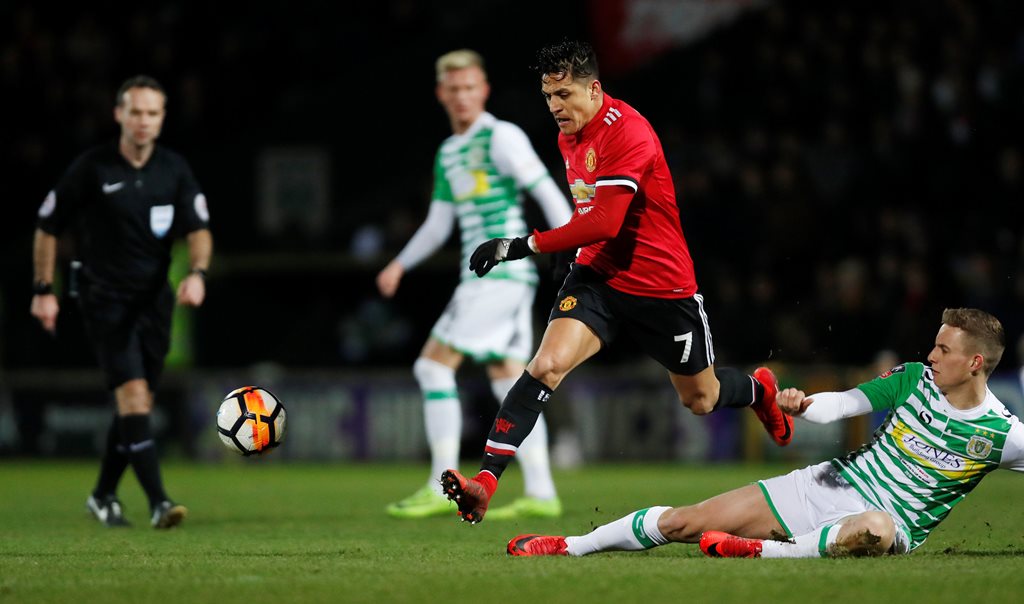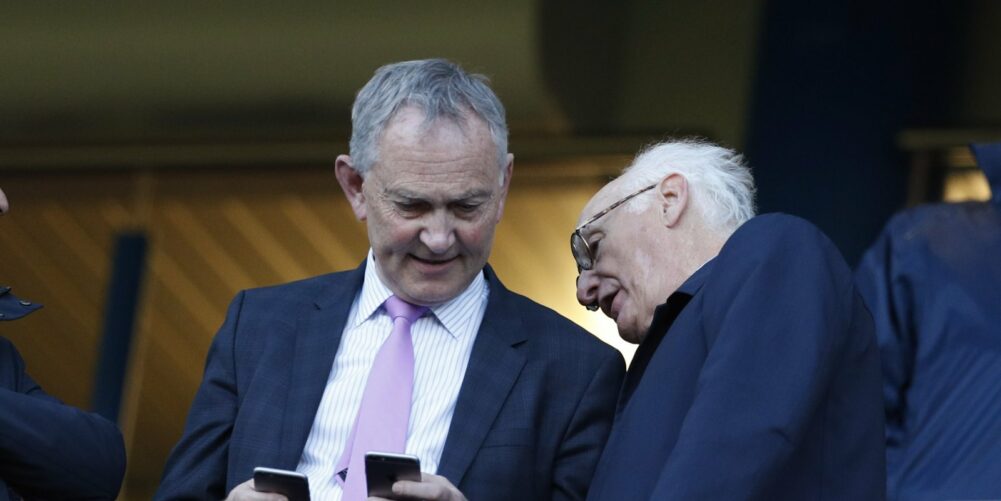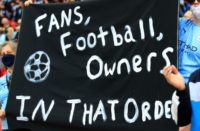By Glenn Moore
IT USED to be phone calls. Then it became texts. Now notification goes up on a league's twitter feed, followed by alerts sent via WhatsApp. But, whatever the technological progress, the message is always the same: match off.
In the world of grassroots football, modernity still struggles to gain a foothold. There are, around the country, oases of artificial turf, usually provided through the Football Foundation, and now, in Sheffield, Liverpool and Ealing, by the FA's Parklife scheme.
In the vast majority of the nation, however, the story is one of waterlogged pitches or frozen, rutted ones, accompanied by squalid changing facilities, a situation little-changed from a damning 1972 report to the House of Lords.
At this time of year many of them lie empty on a weekend while kids instead play on their X-box, or drive their parents mad, while older would-be players sit in front of Soccer Saturday filling the time and wasting their cash with in-play betting on a phone app.
With the transfer window drawing to its customary hyperbolic close, the contrast between the cash at the top of the football pyramid and the penury at the bottom could not be more stark.
And the base is wide, stretching from the sodden parks to the fringes of the professional game, where the likes of Hartlepool and Chester are struggling to survive.
The net spend in this transfer window – money actually leaving Premier League clubs, not recycled within them – was £147m. In the same January period, clubs spent £140m on first team wages, according to the Global Sports Salaries Survey.
And, with the new deals for Alexis Sanchez, Mesut Ozil, and the raft of new signings, they will be spending even more this month and next month and the month after…
The Premier League can afford this because the clubs' collective income this year is forecast (by Deloitte) to be £4.55bn, with revenue from TV deals alone £2.71bn.
Out of this, they contribute £20m a year to the Football Foundation to provide improved facilities at grassroots (of which £6.5m is earmarked for Non-League stadia). That is less than half of one-per cent of their income. Meanwhile, in the last six seasons Premier League clubs have paid agents around £1.5bn. Yes, £1.5 Billion. To agents.
I have heard all the arguments. The Premier League spends more on various good causes than comparable leagues in Europe (true), the clubs are private companies (true), it is the job of government to provide social facilities as they do in ‘grown-up' countries such as Germany, Sweden, the Netherlands, etc (true).
It is also true that the Premier League is a triumph, the best in the world at what it does, a driver of economic activity and a fine soft-power advertisement for England. If it were not for the fact it is largely owned, coached and played by foreigners, it would be a great British success story.
Yet, while there have been complaints about football's excesses since Alf Common was transferred for £1,000 in 1905, the current situation is extreme. It is sickening to see this vast wealth being squandered, and people are increasingly unhappy about it.
When Sanchez made his debut for Manchester United in the FA Cup at Yeovil, he was booed. It was not personal, Sanchez's £350,000-a-week wages have made him a lightning rod for the growing anger at the gulf between the riches of football's haves and the poverty of its have-nots.

After our U12s match was called off last week, the third postponement since Christmas, I tweeted that the Premier League should do more. I have rarely had such a response, with Michael Vaughan, Peter Reid, Didi Hamann and Jamie Murray joining hundreds of frustrated coaches and parents in liking or re-tweeting.
One of the few counter voices was the Sports Minister, Tracey Crouch, herself a grassroots coach. She argued the league, along with the FA and Government, contribute to the Football Foundation.
I pointed out that £20m was a pittance compared to the TV income. That, given the NHS budget was £126bn, Government should be doing more to facilitate exercise. And when would the Conservatives match Labour's 2017 manifesto commitment to a five per cent tax on Premier League TV income? I'm still waiting for a reply.
A windfall tax is the only way change will happen because the owners of the Premier League clubs are not going to give substantially more unless they are forced to. But, with Brexit dominating Government attention, legislation is highly unlikely.
So, we carry on hoping the rain stops and pitches dry out. One day, when the boom is long gone, we'll look back at this era and wonder how such a golden opportunity to transform sports provision in the UK was wasted. Angry? You should be.

















